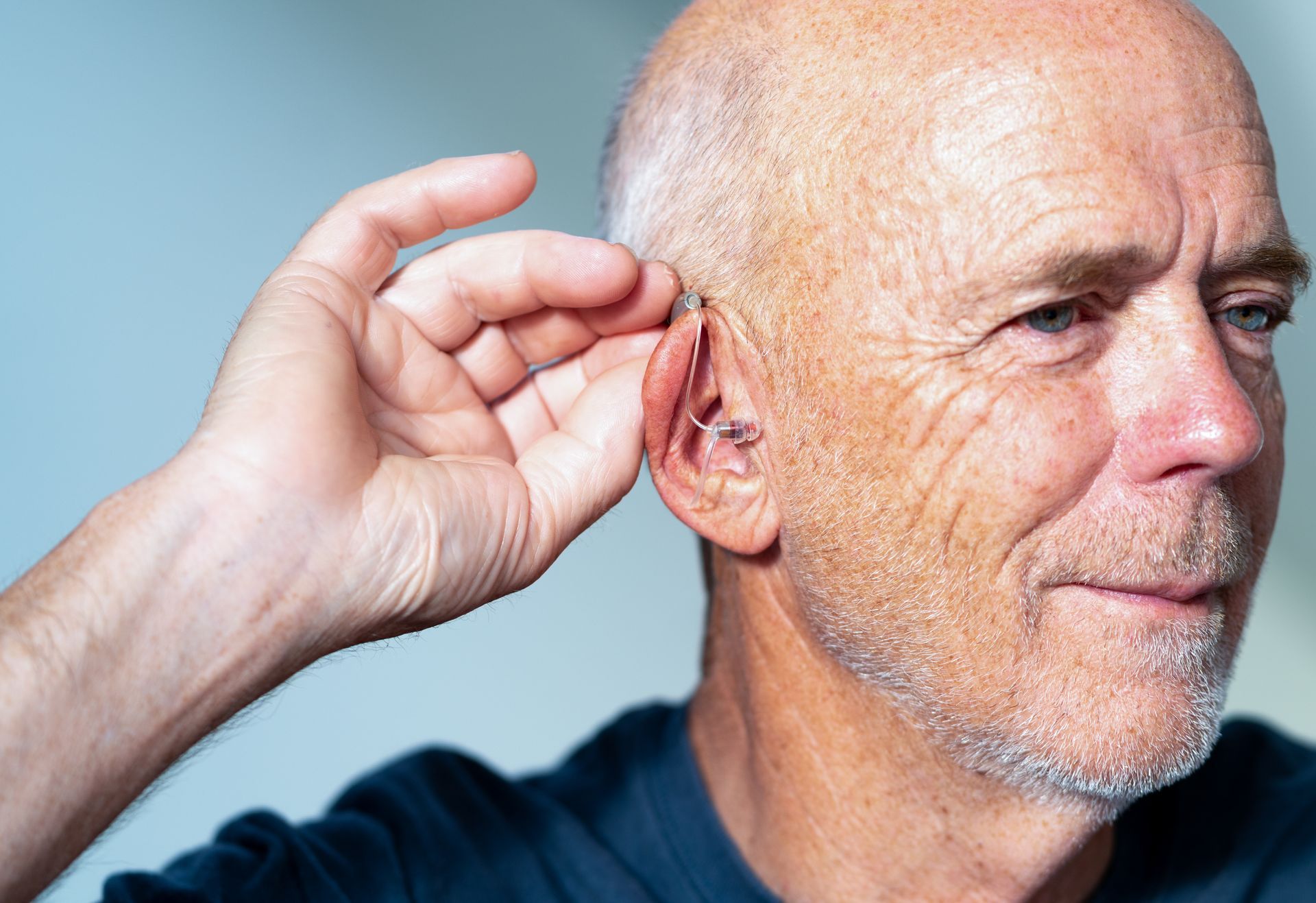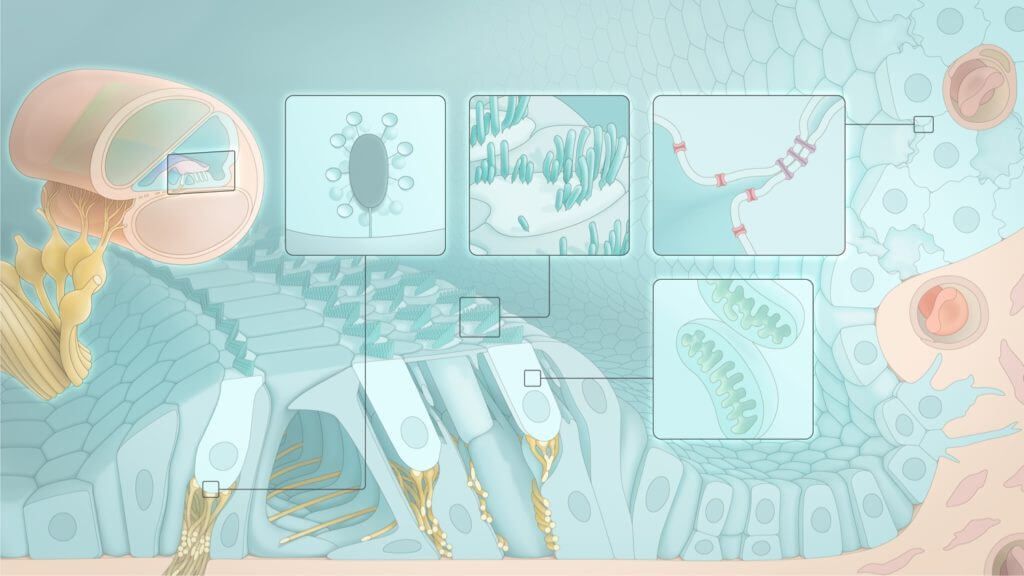Learn About the History of Audiology Awareness Month
Right now, audiologists are celebrating Audiology Awareness Month and encouraging you to take the initiative to care for your hearing health. In honor of Audiology Awareness Month, we’re reviewing its history and how you can celebrate below.
History of Audiology Awareness Month
Audiology Awareness Month was established by the American Academy of Audiology (AAA) back in 2008. The purpose of this month is to create public awareness of noise-induced hearing loss, how to prevent it and other ways to care for your hearing health. AAA hopes that observing Audiology Awareness Month will help eradicate cases of preventable hearing loss.
AAA is the world’s largest professional organization of, by and for audiologists, and they serve as the collective voice of audiology. They are committed to advancing the science, practice and accessibility of hearing and balance health care for all patients. Their mission is to provide quality hearing care services through professional development, education, research and increased public awareness of hearing and balance disorders. Audiology Awareness Month helps them fulfill this mission.
How You Can Celebrate Audiology Awareness Month
Below are some ways you can celebrate Audiology Awareness Month and care for your hearing health:
- Follow the 60/60 rule. This rule applies when listening to music or other media through headphones or earbuds. It states you should listen at no more than 60% of the device’s maximum volume for no more than 60 minutes at a time.
- Wear hearing protection. If you work in a noisy occupation, like at construction sites, or if you enjoy noisy hobbies, like attending concerts at The London Club, be sure to always wear hearing protection. You can purchase disposable foam earplugs from stores or online, or order custom hearing protection from Center For Hearing for maximum comfort and protection.
- Get a hearing test. It’s important to identify hearing loss early so that it’s easiest to treat. In addition, getting treatment can help prevent conditions such as social withdrawal, feelings of loneliness, depression, anxiety and even dementia.
- Invest in hearing aids. If a hearing test reveals you have hearing loss, make the investment in hearing aids. They’ll improve your communication, strengthen your relationships and increase your overall quality of life.
For more information or to schedule an appointment, call Center For Hearing today.
- Understanding Infant Hearing Loss
- The Relationship Between Exercise and Hearing Loss
- Muffled Hearing: Common Causes and Solutions



